Democracy
Sheikh Hasina Accuses Muhammad Yunus of Supporting Communal Forces on Eve of Bangladesh Victory Day
On the eve of Bijoy Dibos, a day commemorating Bangladesh’s victory in the 1971 Liberation War, Sheikh Hasina, Bangladesh’s deposed Prime Minister, launched a scathing attack on interim leader Muhammad Yunus. She accused Yunus of undermining the country’s pro-liberation forces and secretly supporting extremist and communal factions.
In a strongly worded statement, Hasina described Muhammad Yunus and his administration as an “undemocratic group” devoid of accountability to the people. She further alleged that his government was obstructing public welfare initiatives and erasing the progressive ideals rooted in the country’s liberation struggle.
মহান বিজয় দিবস উপলক্ষে বাংলাদেশ আওয়ামী লীগ সভাপতি বঙ্গবন্ধুকন্যা শেখ হাসিনার বিবৃতি
—আগামীকাল ১৬ ডিসেম্বর, মহান বিজয় দিবস। বাংলাদেশের বিজয়ের ৫৩ বছর পূর্তি হবে। দিনটি বাঙালি জাতির এক অনন্য গৌরবোজ্জ্বল দিন। সর্বকালের সর্বশ্রেষ্ঠ বাঙালি, জাতির পিতা বঙ্গবন্ধু শেখ মুজিবুর… pic.twitter.com/4xMEjATUF1
— Awami League (@albd1971) December 15, 2024
A Fascist Undermining the Liberation War Spirit
Hasina, whose father Sheikh Mujibur Rahman played a pivotal role in Bangladesh’s independence, called Yunus a “fascist” determined to suppress the spirit of the Liberation War. She criticized his administration for its lack of sensitivity towards the historical significance of the war and its aftermath.
“This undemocratic group, led by the fascist Yunus, has no responsibility towards the people,” Hasina remarked. “Their primary aim is to silence pro-liberation voices and erase the history of the Great War of Liberation from national life.”
Hasina further accused Muhammad Yunus of mishandling the country’s economic challenges, citing rising prices and economic burdens faced by ordinary citizens. She claimed that the interim government’s failure to address these issues stemmed from its lack of democratic legitimacy.
Political Turmoil and Allegations of Genocide
The political conflict between Hasina and Muhammad Yunus has reached new heights since Hasina fled Bangladesh following massive student protests. While in India, she has accused Yunus of perpetrating “genocide” and failing to protect minority communities, including Hindus, during his tenure as interim leader.
Yunus, a Nobel laureate internationally celebrated for his work with microfinance, has denied these allegations. He recently raised concerns about Hasina’s statements with Indian officials, including Foreign Secretary Vikram Misri, claiming they could strain relations between Bangladesh and India. Reports suggest that Yunus and his administration have sought Hasina’s extradition to Bangladesh.
The Struggle for Liberation’s Legacy
In her address, Hasina reiterated the role of her party, the Awami League, in leading the fight for Bangladesh’s independence in 1971. She accused Yunus of attempting to rewrite history and suppress the ideals of liberation that continue to shape the nation’s identity.
“The lack of sensitivity of this government towards the Liberation War and its history is evident in every step they take,” Hasina stated. “This regime is actively working to erase the sacrifices and the progressive spirit that defined our Great War of Liberation.”
As Bangladesh celebrates Bijoy Dibos, the political divide between Hasina and Yunus underscores the ongoing struggle to preserve the legacy of the Liberation War amidst contemporary political conflicts.


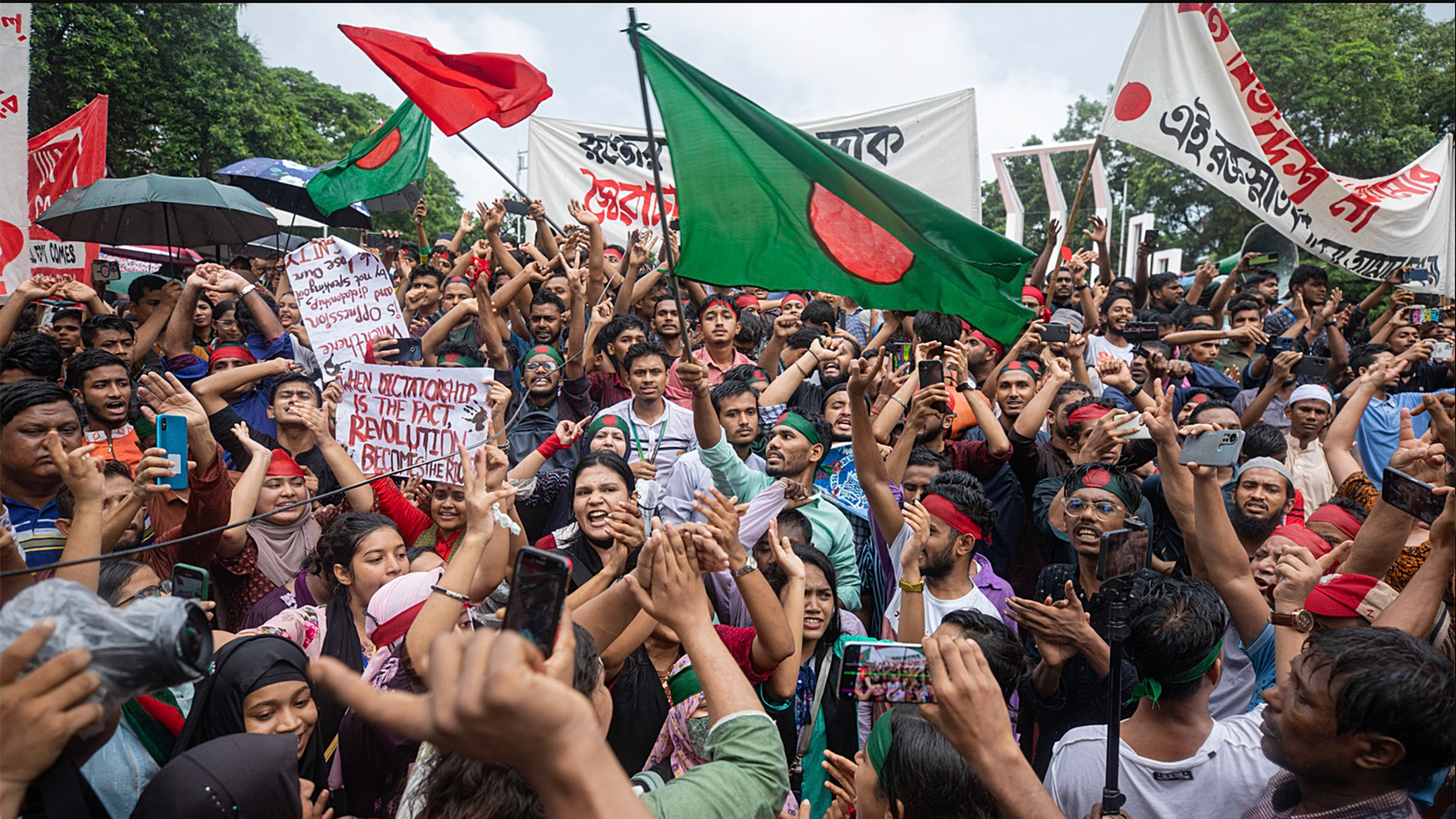
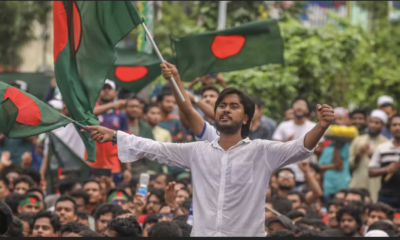
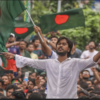




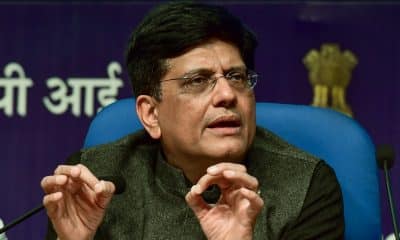
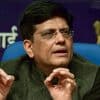





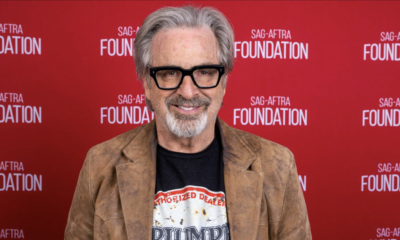
























Pingback: Unrest in Bangladesh reflects people’s struggle to find decent work